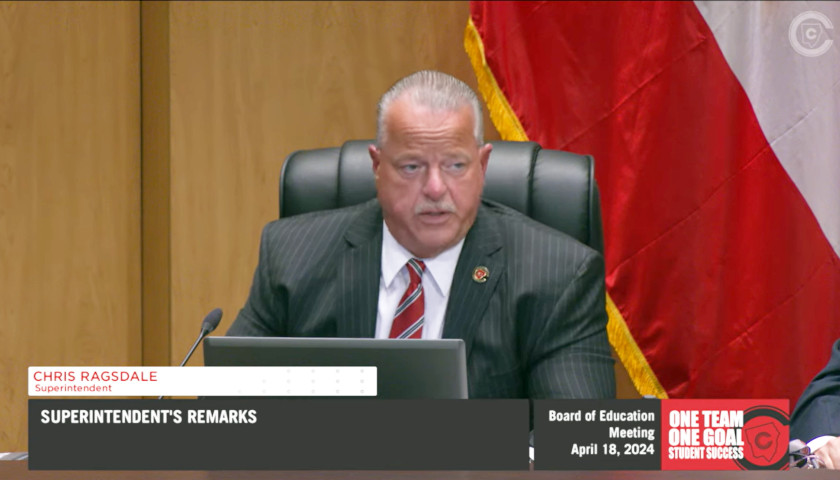by Christian Wade
Connecticut lawmakers will see fatter paychecks in the new year with a law that bumps their base pay by upwards of $12,000, once it goes into effect.
Legislation approved earlier this year, signed by Gov. Ned Lamont, increases rank-and-file lawmakers’ pay from $28,000 to $40,000, with future raises pegged to the cost of living in every two-year legislative cycle. Compensation for the House speaker and Senate president will increase from $38,689 to $50,000 next year under the law.
Pay for the governor and other constitutional officers, such as lieutenant governor, secretary of the state, comptroller, treasurer and attorney general, will also increase.
The governor’s $150,000 salary rises to $226,711, the same as the chief justice of the Supreme Court. Pay for other constitutional officers will increase from $110,000 to $189,483, which is in line with the state’s Superior Court judges.
Under state law, lawmakers cannot vote themselves a pay raise to take effect during the current session. The higher salaries won’t go into effect until January, when the legislators and statewide officers elected in November will take office.
Lawmakers approved the pay raises in May, by pushing the legislation through the House and Senate with bipartisan support. Lamont, a Democrat and wealthy former businessman who doesn’t accept a governor’s salary, signed the measure.
The new law also pegged future pay raises to the Employment Cost Index, a measure of wage growth calculated by the federal Bureau of Labor Statistics.
The federal index will be used to calculate minimum wage increases after 2023, which depending on the impact of inflation could go up, or stay flat.
To be sure, legislative leaders have found workarounds from the constitutional mandate restricting pay raises by setting stipends for leadership posts that have added to lawmakers’ base pay and benefits. House and Senate lawmakers also receive money for “expenses” ranging from $4,500 to $5,500, which includes office supplies and travel costs.
Legislative leaders have defended the raises, arguing low pay and the full-time demands of the part-time job limits who has the resources to run for elected office. Most lawmakers have outside jobs.
Connecticut has a part-time legislature that meets for three months in even-numbered years and four months in odd-numbered ones. But lawmakers argue the job becomes full-time with committee hearings, special sessions and the demands of constituents in their districts.
“It makes it incredibly difficult for regular people in a diversity of jobs to do this,” state Rep. Doug Dubitsky, R-Chaplin, said during the House’s debate on the pay raise bill. “That’s why we are overrepresented by lawyers, independently rich people, retired people and adults living in their parents’ basement.”
– – –
Christian Wade is a contributor to The Center Square.
Photo “Ned Lamont” by Office of Governor Ned Lamont.








